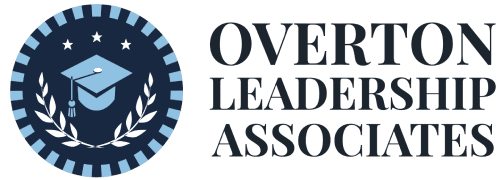The short answer is that you will need to do some basic math and make some sacrifices in order to avoid excessive student loan debt. Here are a few things you can do to minimize student loan debt:
- Acknowledge that college is both an expensive undertaking (a cost) and an investment in your future earning power (a benefit).
- Research and then apply to a number of colleges and universities.
- Complete the FAFSA as soon as you are eligible. Note that some universities may require the CSS Profile.
- Determine how much financial aid money you are forecast to receive from each university. Use a pen and paper or a spreadsheet to keep track of college costs and financial aid for each college you are considering.
- The higher your high school GPA and ACT/SAT test scores are, the more scholarship money you will earn. Note that while your prospective college or university may not require ACT or SAT scores for admission, you may need to take the ACT and/or SAT in order to qualify for scholarships and other financial aid.
- If you have a high skill level in an in-demand area such as an intercollegiate sport or in the performing arts, then you are competitive for a scholarship in that area. Make sure to apply.
- Apply early and for a large number of scholarships, even though you think that you have little chance of being selected. Some students apply for more than 100 scholarships.
- Apply for work-study positions, co-op opportunities and internships. Don’t necessarily reject unpaid internships. If you are an outstanding performer in any type of internship, you may get rewarded with a paid internship the next semester or perhaps a job after college graduation.
- Gain proficiency in various subjects, especially math and computer tech, and then become a tutor. You can be a tutor who is paid by the university or you can perform tutoring without working for the university. Always check to determine the prevailing hourly tutoring rate by subject and by locale.
- Get a copy of Overton Leadership Associates’ Free Download, “Ways to Make Money—Without Going to College.” This 1-page document lists more than 50 job titles that can earn you money regardless of whether or not you attend college.
- Create a list of financial needs and a separate list of wants. Recommend that you ask family for help covering just your financial needs and not your wants. Why just the needs, you may ask? It’s because you are not just in college to earn a degree, you are also there to develop the adult-level leadership skills necessary to eventually make a difference in your family, your community and within various organizations. While family members may sacrifice and provide you with all your needs and many of your wants, a good leader does not take advantage of the generosity of family. The best leaders work hard, stand on their own, and then help others to stand up. Some examples of needs that family members may pool enough resources to purchase include: a few books, assisting you with purchasing a high-quality computer, paying a laboratory fee, and helping with tuition, etc. A relative may also be able to donate a used vehicle or a bicycle.
- If you still have a financial shortfall after having exhausted all of the options listed above, then seriously consider attending a lower cost university, living at home, taking online courses and/or attending college part time while working. If you truly believe that you are currently attending or planning to attend the correct college for you AND the average salary range for the major that you have selected will enable you to earn enough money after college graduation to live a decent life while simultaneously paying off consumer loan debt (including student loan debt), then consider obligating yourself to just the amount of student loan debt to cover the deficit. Overton Leadership Associates cautions students about signing for excessive student loan debt in order to earn degrees in low-paying career fields. Therefore, we recommend that all young adults ages 17-25 who are currently attending college or planning to attend college complete our Real College Plan Career Field Interest Survey as soon as possible.
- Final thought: Acknowledge that college is merely a stepping stone to the life you want to live. Therefore, don’t waste student loan money on expensive “fun” things and activities such as ear buds, laptop covers, casual/trendy clothing, streaming services, spontaneous beach trips and airline flights, Spring Break trips, upgraded phones, etc. Unless you are wealthy, then you are primarily attending college to acquire the knowledge and skills necessary to earn a living. You do not want to be paying off the college debt that financed “fun” activities decades after your college days are over.
Herb
